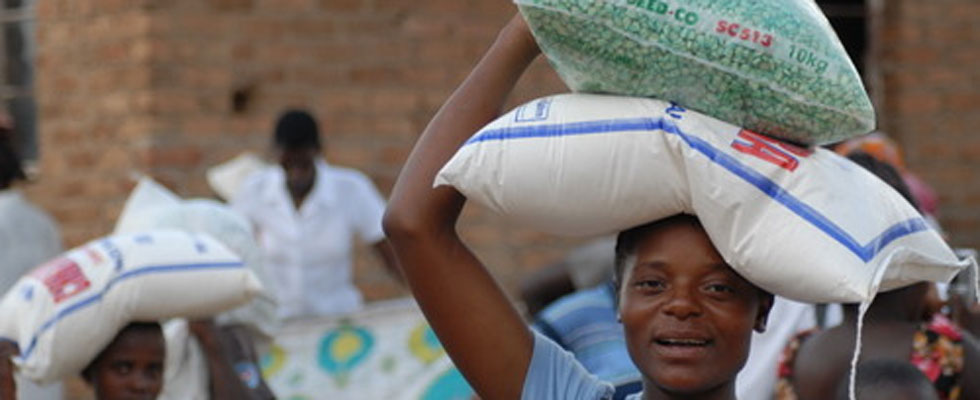
GOVERNMENT is yet to settle outstanding subsidy payments to grain millers, a situation threatening the viability of the struggling sector in the face of inflationary pressures facing the wobbling economy.
BY NQOBANI NDLOVU
This is contained in a letter dated May 27 by the Small-to-Medium Millers Association of Zimbabwe (SMMAZ) to the Industry and Commerce ministry seeking a review of regulations on the importation of maize and wheat. In a recent Statutory Instrument (SI) 119 of 2020, the government suspended customs duty on maize and flour for six months with effect from May 22 to November 21, 2020.
The SI allows “any and all entities” to import the commodities, but the SMMAZ bemoaned the long-term negative impact on the milling sector which is owed thousands of dollars by the government.
“We would also want to draw your attention to the fact that most SME millers, whose interest we represent, have had outstanding subsidy payments due to them by the government being eroded by inflation, with some payments currently still outstanding since February this year. SME millers have lost up to 60% of their working capital,” SMMAZ chairperson Davis Muhambi said in the letter to the Industry and Commerce ministry.
“This is the sacrifice that your local SME millers have made to ensure support for the government’s subsidy programme. In light of all of this, SI 119/2020 inevitably seems to suggest that this was all in vain. SI 119/2020, in its current form, inevitably deciphers the last rites no your local SME millers.”
Government has a subsidised roller meal programme, but the much sought-after commodity remains scarce in retail outlets while readily available on the black market, but priced beyond reach of many.
In seeking a review of the SI, Muhambi argued the importation of wheat and flour “should be limited only to business entities that are in the milling industry to safeguard the viability of SME millers, jobs and livelihoods, which this country will still need when the situation changes for the better.”
- Chamisa under fire over US$120K donation
- Mavhunga puts DeMbare into Chibuku quarterfinals
- Pension funds bet on Cabora Bassa oilfields
- Councils defy govt fire tender directive
Keep Reading
Muhambi yesterday said the SMMAZ had not received a response from the government on their request for a review of the SI.
“There has not been any response, but we continue pleading and we are hopeful that the government will hear our concerns,” Muhambi said.
Industry and Commerce minister Sekai Nzenza was unreachable for comment.
Muhambi, however, pleaded for protectionist policies to save the milling industry from total collapse from unfair competition “in favour of South African millers, who will now come and enjoy brisk business, while we are left to pick up the pieces as we try to recover from the bruising experiences of delayed payments, loss of working capital and long periods of no production”.











